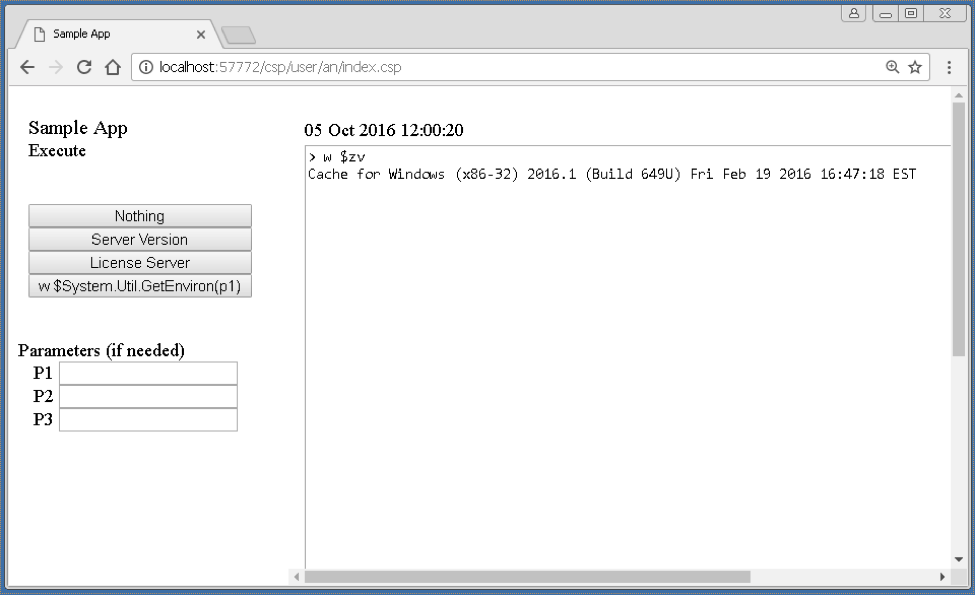I am inspecting our DB globals in order to reduce sizes of the worst offenders if possible. When I come to a large global, I am interested which of its nodes are the largest. Hence code below with unexpected different results. Any explanations why are results different?



.png)

